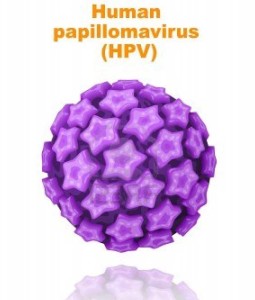Useful Information on Human Papillomavirus
 Here is your quick and easy information on human papillomavirus.
Here is your quick and easy information on human papillomavirus.
The human papillomavirus, or HPV, is one of the viruses that have been around for a very long time. There are many different types of the virus, and they affect us in different ways. Some are relatively harmless, while others can result in life threatening diseases. In this article we will cover some of the basic things you need to know about HPV in order for you to have a basic understanding of what it is.
The human papillomavirus is widespread throughout the world. It is difficult to come up with an accurate estimate of the number of people who are currently infected with some form of the virus. Estimates vary widely, from some claiming that 14% of the population are infected, while other estimates claim that it all the around 91% of the population. The body can fight of some types of the virus, while other types will not show any signs or symptoms at all. This makes it hard to know exactly how common the virus really is.
The group most at risk for contracting HPV are females between the ages of 20 and 24. This statistic is important to keep in mind when it comes to sexual behavior.
The type of the human papillomavirus that causes genital warts can be spread through sexual contact with an infected person. Men who become infected can develop ugly warts around their genitals. Women, on the other hand, need to be extremely careful since this type of HPV can potentially lead to cervical cancer.
With that in mind, it is important that women who are sexually active visit their health care provider for a pap test at once every two years. In a pap test, doctors remove some cell from the lining of the cervix in order to make sure that there are no abnormal cells present that could potentially develop into cervical cancer.
Other types of the human papillomavirus can result in anal cancer. Cancers of the head or neck, and cancer of the penis.
Fortunately, the risk of contracting HPV is on the decline. After many years, doctors have finally developed a vaccine to help control the spread of HPV. As a result we hope to see a decline in the occurrence of cervical cancer as well in the coming years. Although the vaccine is not designed to combat every type of HPV, it focuses on the high risk types that can lead to cervical cancer.
Now that you have finished reading this, you should understand some basic information on human papillomavirus. Just remember to keep safe, and get your test on a regular basis.


